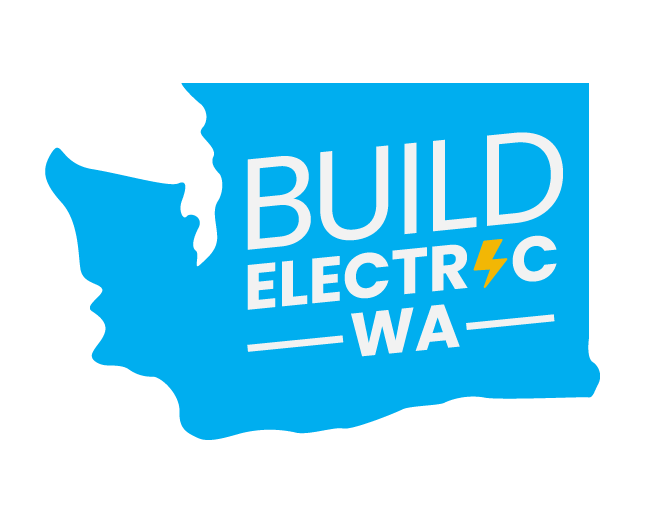WA State Building Code Council Moves to Safeguard Clean Electric-Incentivizing Energy Codes in Face of Gas Industry Attacks
View a PDF of this release here.
SPOKANE, WA — The Washington State Building Code Council (SBCC) voted today to move forward to public comment proposed modifications to the state’s energy codes for new residential and commercial buildings that will ensure they remain among the most climate-friendly in the nation and are insulated against gas industry lawsuits. The updates are designed to safeguard Washington’s codes against legal challenge, even as gas-industry legal tactics are now seeing potential setbacks. After the public comment period, the SBCC will hold another vote to finalize the codes, likely by the end of this year. Once finalized, the codes will go into effect March 15, 2024, according to the SBCC’s decision today.
Under the proposed updates to the codes, new homes and buildings will be required to achieve the same total energy performance as buildings built with electric heat pumps, with multiple compliance options. Given the efficiency advantages of electric heat pumps, which provide both heating and cooling, builders are widely expected to avoid gas and use electric HVAC equipment – as they often already are today.
“These proposals maintain the integrity of the energy codes adopted in the last year by the SBCC, keeping them at the leading edge of where appliance performance is today,” said Rachel Koller, managing director of Shift Zero. “It’s ensuring Washington’s newest homes and buildings will be making household bills affordable, and keeping climate and health pollution out of the air.”
The United States Court of Appeals for the 9th Circuit is considering an appeal of its over-reaching decision that the City of Berkeley, California’s restriction on polluting gas infrastructure in new buildings was preempted by a federal law. This would happen through an en banc review of the decision, whereby a broader panel of 9th Circuit federal judges review the case that was previously ruled on by a smaller panel. The lawsuit on Berkeley’s ordinance was financially backed by SoCalGas, the largest gas utility in the country.
A lawsuit aiming to block Washington’s new building codes – filed by Washington gas utility & building developer plaintiffs including Northwest Natural and Avista – was voluntarily dismissed by the plaintiffs last month. In July, Chief Judge Stanley Bastian of the U.S. District Court in Eastern Washington denied the plaintiffs’ request to block implementation of the new building codes, saying that “Washington is committed to addressing climate change and the court will stay out of its way.” Judge Bastian said he did not want the further delay of an update to Washington State’s statewide building codes to have a “chilling effect” on other states and local communities wrestling with the important issue of climate change.
Electric heat pumps, which provide both heating and cooling in the same unit, run up to three times more efficiently than gas furnaces, and are also far more efficient than window-box and portable AC units. They will save Washingtonians $1,000 a year according to the Department of Commerce.
“Most builders in Washington already choose to install heat pumps in new homes and buildings because it pencils out best economically for operating costs as well as construction costs,” said Jasmine Chiu, Senior Associate at RMI. “It’s helpful to have energy codes on the books that are in sync with the market. As we continue to electrify our homes and buildings, Washingtonians will benefit from energy savings, cleaner air, better health, more jobs and less climate-warming pollution.”
“The SBCC should move forward these building code amendments that will save money and energy, reduce families’ utility bills, create new good construction jobs, and protect our climate, all by installing appliances that run on our state’s clean and affordable electricity instead of polluting gas,” said Deepa Sivarajan, Washington Local Policy Manager for Climate Solutions. “We already know that electrification of Washington's buildings is the lowest-cost pathway to achieve our statutory climate goals by 2030 and beyond, so it’s time to implement these climate-friendly building codes.”
Washington’s State Building Code Council has 15 members appointed by the Governor’s office, representing various geographies and industries including construction, architecture, structural engineering, mechanical engineering, building trades, manufacturing and installation of building materials, and people with disabilities. The SBCC updates all building codes every three years.
###
ABOUT SHIFT ZERO
Shift Zero is an alliance of more than 50 organizations working to advance a just transition to zero carbon buildings for all in Washington State. We do this by advocating for policies and programs that maximize energy efficiency and eliminate emissions from buildings.
